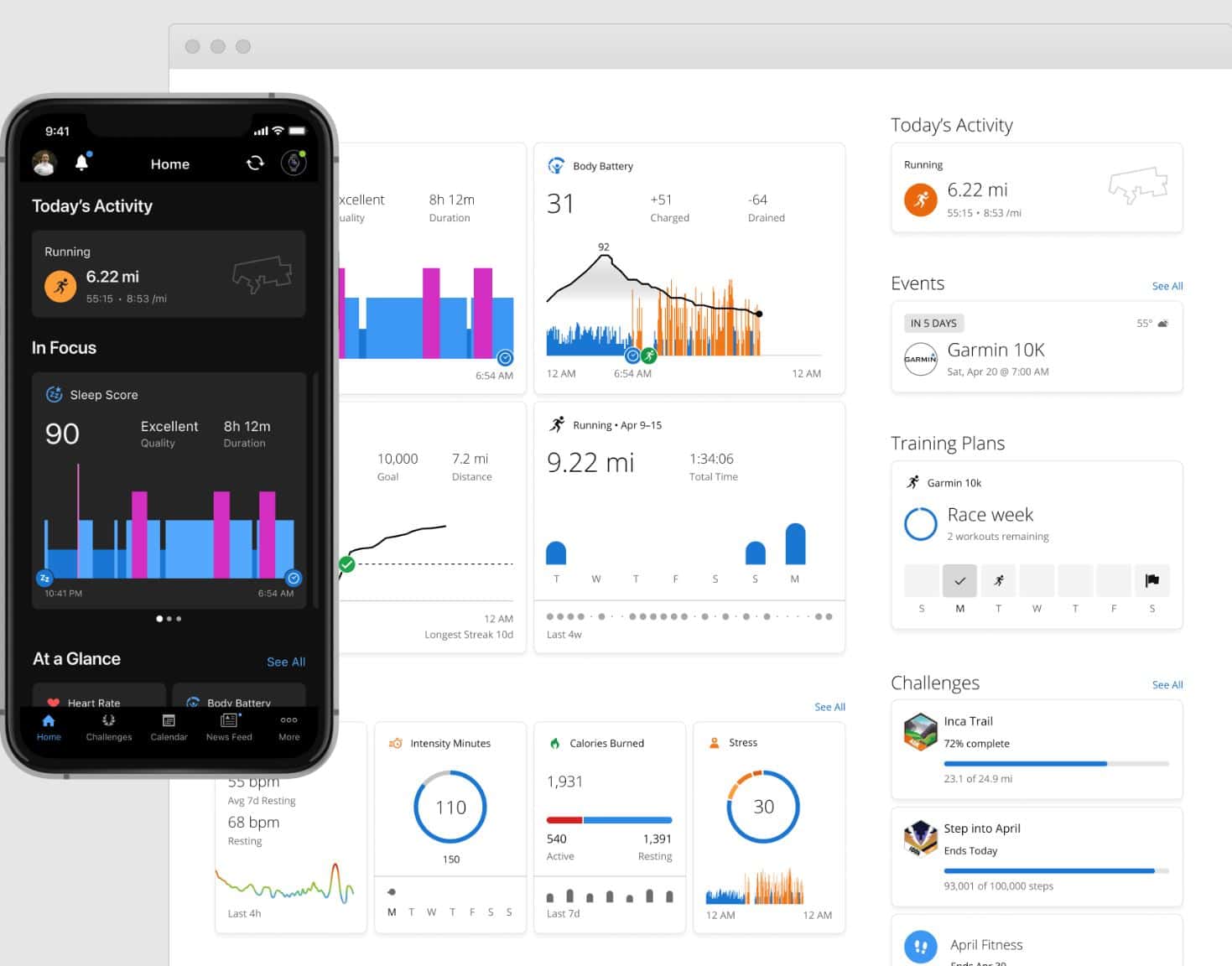Electric bicycles, or e-bikes, have gained popularity as more people join the biking community. However, in Michigan, these bikes are currently banned from many state park trails. That may soon change with the proposed pilot program by the Michigan Department of Natural Resources (DNR) to open 3,000 miles of trails to e-bikes.
Currently, Michigan’s state park policies prohibit e-bikes from dirt trails managed by the state and some paved trails. The proposed pilot program aims to address this issue and could take effect as early as July. The change has sparked a divided response from the biking community, with some applauding the move for accommodating individuals who may have physical limitations or prefer not to ride pedal-powered bicycles. On the other hand, there are concerns about potential trail damage and overcrowding caused by e-bike riders.
The existing e-bike classification in Michigan includes three classes. Class 1 and Class 2 e-bikes, with maximum speeds of 20 miles per hour and limited to 750 watts or less, are currently allowed on paved or crushed limestone trails. Class 1 e-bikes and Class 2 bikes with a use permit would also be permitted on natural-surface trails under the proposed policy. However, Class 3 e-bikes, which can reach speeds of up to 28 miles per hour, would remain prohibited on these trails.
The DNR aims to ensure that their facilities and programs are accessible to individuals of all abilities. Research conducted in other states that have opened their trails to e-bike users, such as Arkansas and North Carolina, has shown no substantial negative impact on public trails. A recent public opinion survey conducted by the DNR revealed that 54% of respondents supported the policy change, while 41% opposed it.
If the pilot program is implemented, signage indicating e-bike use will be placed at trailheads, along with a QR code for people to provide feedback. This feedback will help address any issues that may arise.
It is important to give the proposed policy a chance, as it intends to provide assistance to individuals with physical limitations, such as those with conditions like multiple sclerosis or heart conditions. E-bikes can help keep them active and engaged in outdoor activities. With careful monitoring and feedback, the program can be adjusted to ensure a positive experience for all trail users.
The electric bicycle industry has experienced significant growth in recent years as more people embrace biking as a means of transportation and recreation. According to market forecasts, the global electric bicycle market is expected to reach a value of $38.6 billion by 2025, with a compound annual growth rate of 7.9%. This growth can be attributed to factors such as increasing environmental consciousness, rising fuel prices, and advancements in battery technology that have improved the performance and range of electric bikes.
However, despite the growing popularity of electric bikes, there are still regulatory challenges that need to be addressed. In the case of Michigan, electric bikes are currently banned from many state park trails. This has sparked a debate within the biking community, with some advocating for the inclusion of e-bikes on these trails to accommodate individuals with physical limitations or those who prefer not to ride traditional pedal-powered bicycles. On the other hand, there are concerns about potential trail damage and overcrowding caused by e-bike riders.
To address these concerns, the Michigan Department of Natural Resources (DNR) has proposed a pilot program to open 3,000 miles of trails to e-bikes. The program, if implemented, would allow Class 1 and Class 2 e-bikes on paved, crushed limestone, and natural-surface trails, while Class 3 e-bikes would remain prohibited. This classification system ensures that e-bikes with lower speeds and power limits are allowed on the trails, while higher-speed e-bikes are restricted to maintain trail safety.
In making this proposal, the DNR aims to ensure accessibility to their facilities and programs for individuals of all abilities. Research conducted in other states, such as Arkansas and North Carolina, where e-bikes are permitted on trails, has shown no significant negative impact on public trails. Additionally, a public opinion survey conducted by the DNR revealed that 54% of respondents supported the policy change, while 41% opposed it.
If the pilot program is implemented, the DNR plans to incorporate signage at trailheads indicating e-bike use and provide a QR code for people to provide feedback. This feedback will be crucial in addressing any issues that may arise, such as trail maintenance or user conflicts. By carefully monitoring and adjusting the program based on user feedback, the DNR can ensure a positive experience for all trail users.
In conclusion, the proposed pilot program in Michigan aims to address the current ban on electric bikes on state park trails. The electric bicycle industry is experiencing rapid growth globally, and allowing e-bikes on these trails can provide individuals with physical limitations or preferences an opportunity to engage in outdoor activities. With proper monitoring and feedback, the program can be fine-tuned to mitigate any potential issues and ensure a positive experience for all trail users.
Related Links:
– Global electric bicycle market forecasts
– Proposed pilot program by the Michigan Department of Natural Resources














